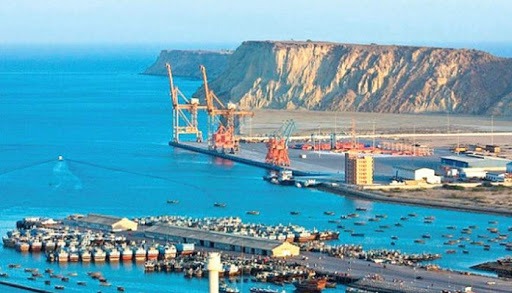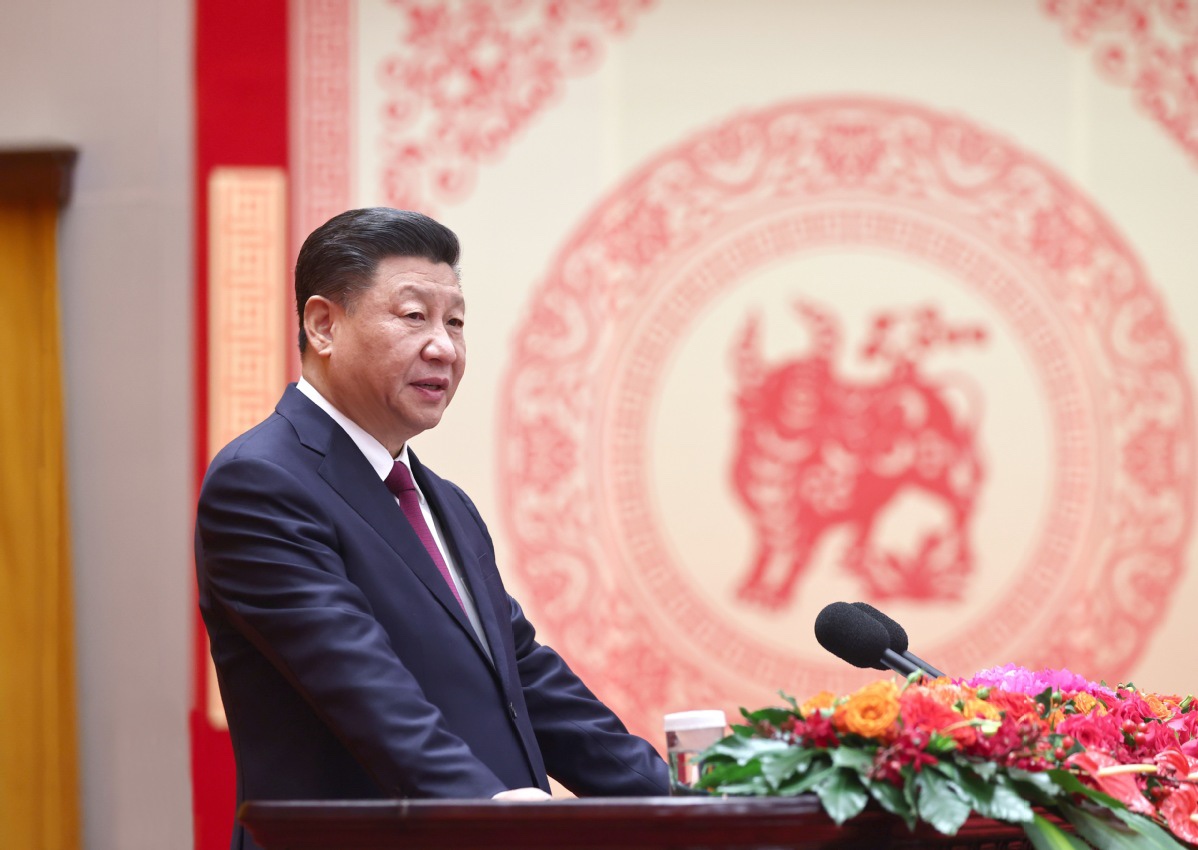Zhang Baozhong, the chairman of China Overseas Ports Holding Company – the firm that operates Gwadar Port – has said that the first phase of the special economic zone under the China-Pakistan Economic Corridor has been completed in which 43 Chinese companies are going to invest while 200 more firms have been registered for the purpose.
Talking to The Express Tribune, the chairman said that besides infrastructure and energy projects, various industries, including textiles, chemicals, automobiles and mobiles, would be set up in the Gwadar industrial zone, which will create more employment opportunities.
Baozhong rejected the reports circulating in the media about hindrances in the multibillion-dollar project, saying that work on CPEC is going on in full swing and there are no impediments as the “government of Pakistan is extending full cooperation”.
“Despite the coronavirus pandemic, the pace of work has not slowed down and many CPEC projects have been completed ahead of time,” Baozhong said, adding that after the completion of CPEC, Gwadar will become the largest port in the region and an important economic hub in the world, which would benefit various countries.
“The Gwadar Port is fully operational and cargo ships have started arriving,” he said, announcing that a liquefied natural gas terminal will also be established at the port.
“CPEC is a great economic project,” he said. “It is a symbol of the cohesive relationship between
Pakistan and China and a testament to our friendship.”
Donning the national dress of Pakistan, he chanted the slogan “long live Pak-China friendship”.
On the attire, he said, “I like shalwar kameez as my heart beats for Pakistan.”
Meanwhile, Gwadar Development Authority Director General Shahzeb Khan Kakar told The Express
Tribune that under the 2050 Master Plan, the issues of water and electricity for the “150,000 people” of Gwadar would be resolved by the end of next year (2022). However, the people of the port city claim that their population is over 300,000.
“Work is in full swing on a desalination plant, which will convert five million gallons of seawater into drinking water and a 300 megawatts coal-fired power plant,” Kakar said. “Both the projects will be functional by January 2023.”
He also announced projects worth Rs20 billion for the uplift of the people of Gwadar.
“Efforts are afoot to turn Gwadar into a tax-free economic zone and a port city,” he said, adding that a one-window system is also being introduced to facilitate investors.
He shared that they were inviting the business community to establish industries in Gwadar for the generation of revenue. “A 250-km road network has been laid in Gwadar,” Kakar said, adding that an industrial zone in Gwadar would comprise three divisions. “An education city and a diplomatic zone will also be established in the port city.”
Further, Balochistan Department of Industry and Commerce Additional Secretary Manzoor Hussain said that the provincial government has formulated rules for allotment of land in industrial zones in the province. “Land will now be allotted in industrial zones only to those industrialists who will set them up within the stipulated timeframe,” Hussain said, adding that work on development projects in Gwadar was under way under CPEC.
On the development of the port city, Gwadar Industrial Estate Development Authority Managing Director Attaullah Jogezai said that the provincial government will soon allocate 20,000 acres of land for the special economic zone.
Gwadar Club Chairman Brigadier (retd) Asif Mehmood said, “Special security arrangements have been made in and around Gwadar, which has led to peace in Balochistan.”

















